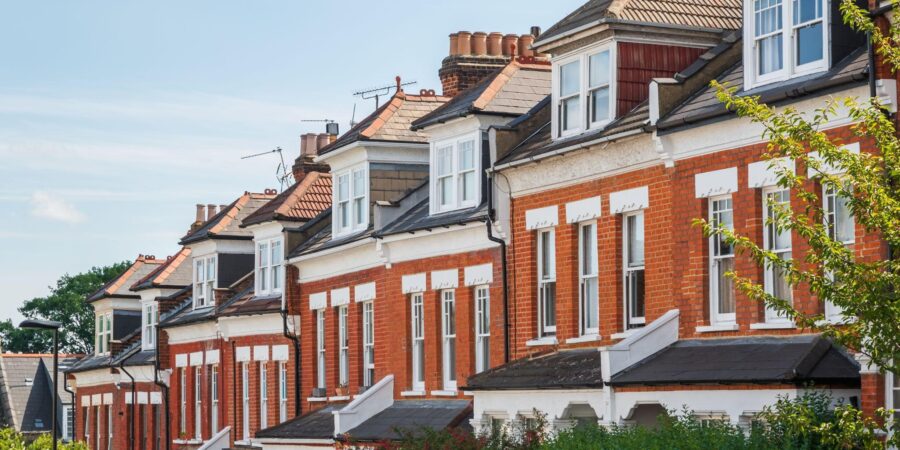Renting a property definitely comes with its own set of responsibilities, but don’t worry, we’ve got you covered. Are you looking to avoid any disagreements or unexpected expenses? Let’s make sure you’re fully prepared to take on this exciting new chapter in your life!
It’s always a good idea to be aware of your responsibilities as either a tenant or a landlord. Keep reading for an overall guide that will give you a better understanding, but please remember to check your rental agreement for specific details.
Investing in the Property Market
Whether you’re looking to invest in properties as a landlord or a tenant saving up for a brighter future, you must understand your purpose and how the industry works. If you make investments in Bracknell for instance, It’s a little town that has a big impact.
Even though the town is undergoing a massive transformation with the help of millions of dollars, property values are far lower than the national average. Given these factors, a rental property in Bracknell might be a hotspot for investors in the residential housing market.
Rights and Responsibilities of Landlords and Tenants
The private rental market can only function well if landlords and tenants both know and abide by the rules that apply to them. It’s also crucial to remember that problems may come from either side. This section is meant to clarify the roles of landlords and renters, as well as the repercussions for acting inappropriately in either role.
The Role of a Landlord
In the United Kingdom, the great majority of landlords are excellent people who care about their tenants and who offer safe, clean, and well-maintained living spaces. A landlord has certain responsibilities under the law, and a renter has certain protections. Let’s understand them better here.
Meeting Safety Standards
Local governments may use a risk assessment on rental homes based on the sorts of risks present with the use of the Housing, Health and Safety Rating System (HHSRS). The goal is to keep the private rental market at a high level of quality.
Right to Possession
The landlord must provide the renter with the right to exclusive possession of the rental unit. This obligation is broken if, at the moment the tenant is eligible to take control, a third party holds preeminent title to the asset, and asserting this claim will deprive the renter of the privileges anticipated by the parties.
Safeguarding a tenant’s security deposit
If your tenancy is an assured shorthold tenancy (AST), the deposit must be held in a scheme recognised by the UK government. Landlords of ASTs who fail to safeguard tenants’ deposits may face hefty fines and find it more difficult to terminate tenancies.
Gaining Access to the Premises
As a landlord, you’ll inevitably require access to the property for maintenance and inspections. But make sure that the renter isn’t inconvenienced too much by the access. If you want to end your lease, you need to give your renter a sufficient amount of notice and work out a mutually agreeable time.
The Role of a Tenant
The most crucial aspect of the tenant-landlord relationship to keep in mind is that each party is essential to the welfare of the other. Landlords are responsible for making sure their rental properties are safe and livable, and tenants are expected to maintain the rental units with care. Here are a few tenant obligations to remember.
Rental contract
The success of every partnership depends on clear expectations on both sides. That’s why it’s crucial to have a rental agreement that clearly lays out the obligations of both the owner and the renter. It has to go through everything from the rent to the repairs to the eviction process.
Cleanliness
The topic of cleanliness is often contentious, accounting for 50% of all end-of-tenancy disagreements. Tenants are responsible for leaving rental properties in as good or better condition than when they moved in (reasonable wear and tear is taken into account).
Upkeep and mending
Landlords are often responsible for maintaining the building’s framework, plumbing, heating system, and electrical system. Tenant is responsible for any and all personal belongings they bring into the premises.
Reporting concerns
Landlords are responsible for maintaining the building and its exterior, while tenants are responsible for reporting maintenance issues. Do this as soon as you become aware of a problem for the fastest possible resolution.
Wrapping Up
Tenants and landlords alike are bound by certain rights and responsibilities when engaging with an assured shorthold tenancy. Therefore, it is essential to know what concerns to raise, as well as your legal rights and obligations. If your tenancy goes wrong, it will further direct you to help and guidance.









